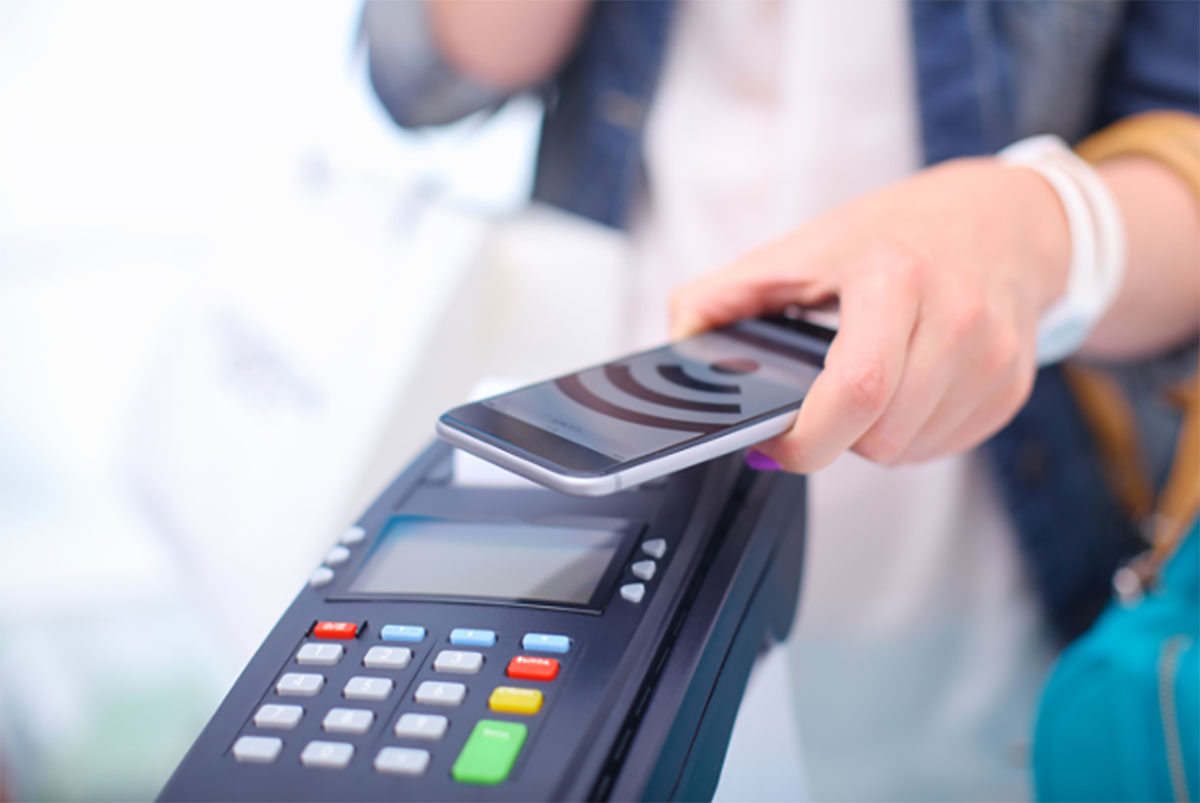In recent years, there’s been a big change in how we deal with money. We’re shifting from using physical cash for transactions to embracing digital payments and cashless methods. Really and truly, people across the globe have been veering towards contactless payments for quite some time now. True, the pandemic era may very well have been a major catalyst encouraging this, since handling money meant spreading germs. But cashless payments were existent long before Covid-19. From business transactions, online shopping to even withdrawing exclusive no deposit casino bonus funds. The list is as varied as it is endless. Today, in a post-pandemic era, we seem to be witnessing a significant shift towards a cashless society.

But how viable is it to rely exclusively on digital payments without any access to physical cash? This article explores the likelihood of our society going cashless in the near future and what this could mean for all of us.
How Close Are We To Living In A Cashless Society?
If we start by taking a look back just a couple of years ago, we see that, although steadily declining, cash was still the dominant payment method worldwide in 2019, as reported by Worldpay from FIS® Global Payments Report (GPR). In that year, cash made up 30.2% of global point-of-sale transactions, comfortably ahead of the next popular choice, debit cards, which accounted for 24.3%.
Fast forward to 2020, and the global payments landscape took a dramatic turn. Cash’s share plummeted to 20.5%, marking a staggering 32% drop from 2019, according to GPR. Then came the COVID-19 pandemic, which sped up the decline as more commerce shifted from brick-and-mortar transactions to online platforms.
What does all this data suggest for the future? While we may not fully embrace a cashless society by 2030, the short-term outlook points to a continued decrease. The GPR projects that cash’s share of global point-of-sale will dwindle to just 12.7% by 2024. That means that over $2 trillion in cash that circulated globally in 2020 won’t be around by 2024, even in a thriving global economy.
In North America, cash is expected to make up a mere 8.7% of all POS transactions by 2024. So, if a cashless society is what you’re rooting for, you’re in luck.
A Cashless Society: What Are The Advantages?
As we navigate the transition from physical currency to digital transactions, it’s essential to understand the broader implications of this societal shift. Let’s delve into the potential positive implications of the cashless future we are heading towards.
Added Convenience
Using cards or mobile apps speeds up the buying process, eliminating the need to count cash or visit the bank. It’s also convenient for businesses since they won’t need to handle as much cash every day. This simplifies their bookkeeping given that electronic transfers are seamlessly integrated into computer systems.
Crime Prevention
Carrying less cash means you’re less likely to be a target for theft. If your cards or phone are stolen, most companies offer protection against unauthorized transactions. Plus, digital payments leave a digital trail that helps law enforcement track down criminals.
Stability
Going cashless can boost economic stability by making transactions more transparent. It reduces tax evasion and money laundering while also curbing the circulation of counterfeit money, making the financial system more secure.
What Are The Disadvantages Of A Cashless Society?
In this transition, it’s also crucial to explore the possible downsides of a world without cash. This can help us make informed decisions and shed light on areas that require careful consideration.
Vulnerability Of The Most Marginalized
Despite the increasing accessibility of online payment platforms, the shift to a cashless society could disproportionately harm some of the most vulnerable members of our society. For some marginalized individuals, digital payments are not a feasible option. Cash is not just a preference but a necessity for them. People with lower incomes and the elderly are more likely to suffer from this transition.
Compatibility Challenges In A Global Economy
The transition to a cashless society may present hurdles due to varying legislation and banking structures in different countries. These differences could create complications for some types of cashless payments, and some nations might develop their own national payment systems. Additionally, cryptocurrencies like Bitcoin, which are difficult to regulate, could pose sovereignty risks to countries, potentially leading to legislation against adoption.
Privacy Concerns And Risk Of Data Exploitation
Digital systems offer opportunities for extensive data mining, infringing on users’ privacy rights. Moreover, these systems may become targets for cyberattacks, resulting in data breaches and exploitation. Inadequate regulation in this emerging field could also allow service providers to engage in unscrupulous behavior, often lacking transparency about how they monetize data passing through their systems. This raises concerns about the misuse of personal information and data security.
A Final Note
As we approach a future where cash could become increasingly rare, finding ways to leverage the advantages and minimize the potential risks is crucial. Ultimately, ensuring everyone is part of the change and that no one is left behind is key to a smooth and successful transition.









